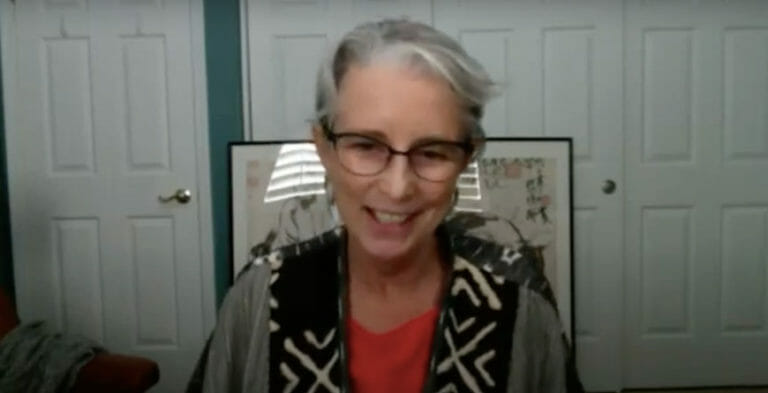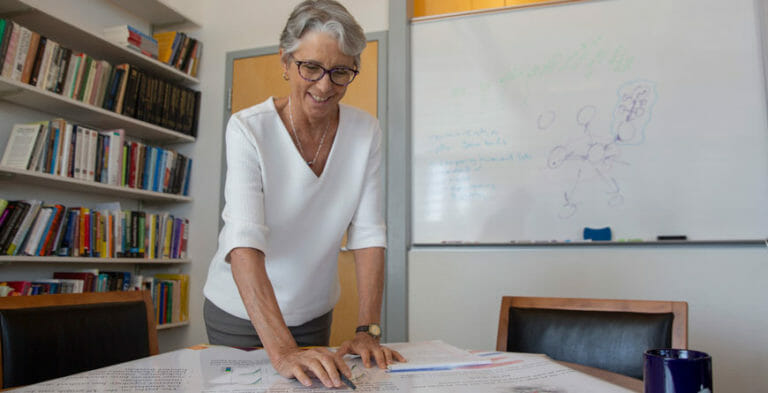
University Senate resolution supporting students' right to vote
In Spring 2020, the University Senate approved Resolution 2020-74 for supporting voting removal of barriers for students. Faculty are urged to demonstrate support for students’ participation in voting by using their discretion when considering the dates of elections when planning course calendars and due dates and when considering excused absences, make-up assignments or testing on election days.

IUCN Red List Training Center at ASU [talk]
On October 6, 2020, 6:00-7:00 p.m., via Zoom, ASU Center for Biodiversity Outcomes Associate Center Director and School of Mathematical and Natural Sciences Associate Professor of Environmental Chemistry and Marine
Free student access to Pearson eText and premium digital products
To explore these offers for students in your courses, or to find out more about a product/ title availability, it is requested that faculty fill out the information form found here no later than October 15, 2020, for your Spring A & C 2021 needs.
TRB Announces 12 Awardees for the 2020-2021 Airport Cooperative Research Program Graduate Research Awards
The Transportation Research Board’s Airport Cooperative Research Program (ACRP) today announced winners of its annual Graduate Research Awards. The prestigious awards focus on applied research on airport and related aviation system issues to help the public sector continue to improve the quality, reliability, safety, and security of the U.S. civil aviation system.
Janssen invited opinion: Managing the global commons
The Hindu, one of the main newspapers in India, has published an invited opinion piece by sustainability scientist Marco Janssen. In the piece, Janssen argues that we need to facilitate the self-governance of local commons, but provide safeguards at various levels.

Ocean Hope Spots, discussion on marine protected areas
As part of the United Nations Global Compact’s Uniting Business LIVE (September 21-23), marine conservation experts joined a panel discussion titled "Ocean Hope Spots: A panel discussion on marine protected

Ecological Synthesis and Its Role in Advancing Knowledge
Today, ASU Center for Biodiversity Outcomes Founding Director Leah Gerber co-authored a new BioScience publication titled "Ecological Synthesis and Its Role in Advancing Knowledge." Abstract Synthesis has become ubiquitous in

Privacy and the pandemic, insights from complexity science
Stephanie Forrest presented on complexity, privacy and the pandemic to the Applied Complexity Network, a collaboration group of firms, governments and nonprofit organizations facilitated by the Santa Fe Institute. In this July talk, Forrest, who is the director of the Biodesign Center for Biocomputing, Security and Society, discussed how biological mechanisms can inspire and inform computer algorithms that help us address privacy concerns, such as those that arise in a

Forrest featured on AI podcast
The Pulse of AI Podcast host Jason Stoughton spoke with Stephanie Forrest and Risto Miikkulainen about evolutionary artificial intelligence. The podcast walks listeners through what evolutionary AI is, how it is used and the challenges and opportunities it offers. The podcast episode is titled “Deep Dive into Evolutionary AI.” Forrest, director of the Biodesign Center of Biocomputing, Security and Society, is an expert on biological computation, including work on computational
Clean Growth Incubator rollout event Oct. 14
The ASU Laboratory for Energy And Power Solutions (LEAPS) and several ASU faculty have been working with the Center for Strategic Policy Innovation for several months to develop ways to enhance renewable energy development opportunities in medium-size cities across the U.S.
Watch: Global Futures Panels at the UN Global Compact
Recordings available. The Julie Ann Wrigley Global Futures Laboratory was able to showcase 142 faculty, staff and external partners to an international audience across 36 hours of programming specific to sustainable development, planetary systems, innovation, complexity and global futures.
NEON Biorepository adds cryo collections space
ASU Biocollections and the NEON Biorepository has just completed phase one of physical renovations, with the addition of a nearly 4,000 square feet of “cryo collections” space, for NEON organismal and environmental samples stored at -80 degrees and in liquid nitrogen.